FBI locked out of 7,000 encrypted devices
Internet security tools are ‘a huge, huge problem’ for law enforcement, says FBI director
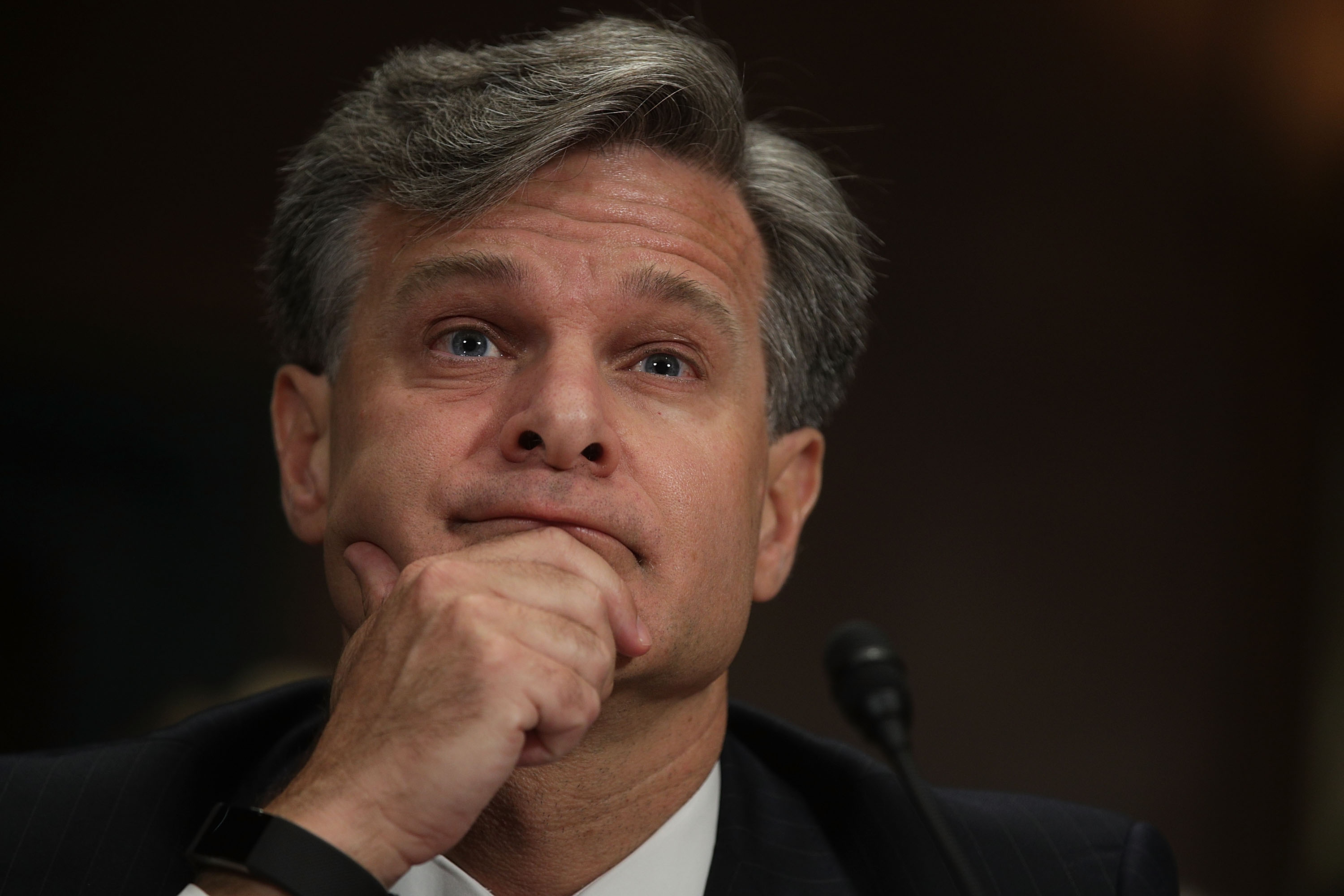
A free daily email with the biggest news stories of the day – and the best features from TheWeek.com
You are now subscribed
Your newsletter sign-up was successful
Internet encryption tools are stopping FBI chiefs from accessing nearly 7,000 mobile, BBC News reports.
Speaking at the International Association of Chiefs of Police conference in Philadelphia, FBI director Christopher Wray said the technology was “a huge, huge problem” and was holding back investigations.
He added: “There's a balance that needs to be struck between encryption and the importance of giving us the tools we need to keep the public safe.”
The Week
Escape your echo chamber. Get the facts behind the news, plus analysis from multiple perspectives.

Sign up for The Week's Free Newsletters
From our morning news briefing to a weekly Good News Newsletter, get the best of The Week delivered directly to your inbox.
From our morning news briefing to a weekly Good News Newsletter, get the best of The Week delivered directly to your inbox.
Professor Alan Woodward, cyber-security expert at the University of Surrey, told the BBC: “Encryption that frustrates forensic investigations will be a fact of life from now on for law enforcement agencies.”
He added that while “back doors” can be employed to allow authorities access to encrypted devices, these could lead to vulnerabilities that could be exploited by cyber criminals.
Over the past 11 months, the FBI was unable to unlock half the devices it targeted itself because of the security tool, says Alphr.
Most mobile devices “encrypt their contents” once they have been locked, continues the website, making it nearly impossible for third parties to access them.
A free daily email with the biggest news stories of the day – and the best features from TheWeek.com
Despite Wray claiming the FBI supports online security tools to some degree, “the bureau vehemently opposes the adoption of technological architectures” such as end-to-end encryption because of the problems it causes it during investigations, says Gizmodo.
In 2015, says Engadget, federal agents “went after” Apple following the events of the San Bernadino attack “as it sought access to the shooter's locked iPhone 5c”. The tech giant “staunchly refused” to unlock the smartphone.
In the end, the FBI paid “an undisclosed vendor reportedly $900,000 (£680,000) for software that gave the agency access to the phone”.
-
 5 cinematic cartoons about Bezos betting big on 'Melania'
5 cinematic cartoons about Bezos betting big on 'Melania'Cartoons Artists take on a girlboss, a fetching newspaper, and more
-
 The fall of the generals: China’s military purge
The fall of the generals: China’s military purgeIn the Spotlight Xi Jinping’s extraordinary removal of senior general proves that no-one is safe from anti-corruption drive that has investigated millions
-
 Why the Gorton and Denton by-election is a ‘Frankenstein’s monster’
Why the Gorton and Denton by-election is a ‘Frankenstein’s monster’Talking Point Reform and the Greens have the Labour seat in their sights, but the constituency’s complex demographics make messaging tricky
-
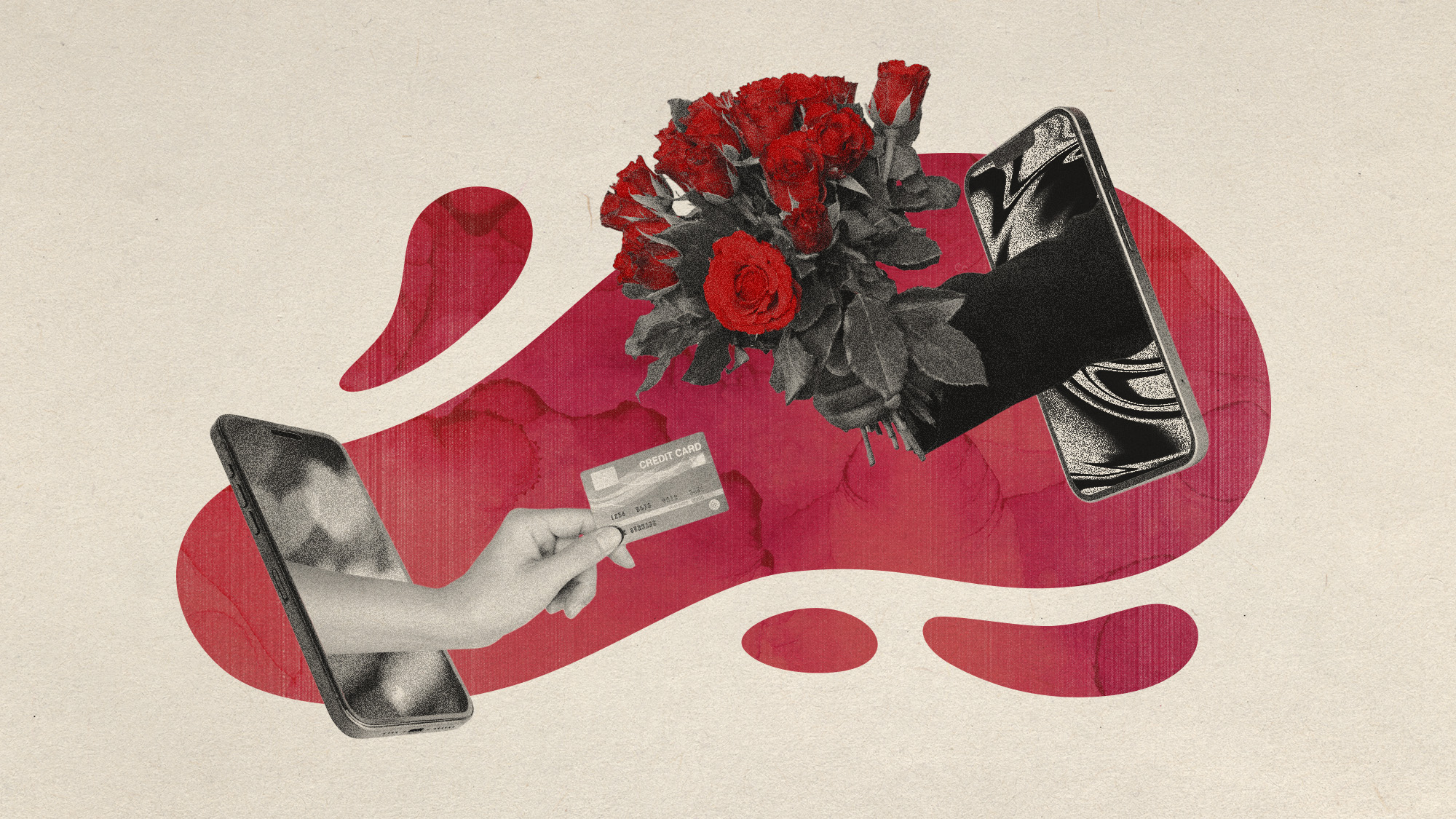 Romance scammers are taking advantage of Americans
Romance scammers are taking advantage of AmericansUnder the Radar The FBI and tech companies have warned against these scams
-
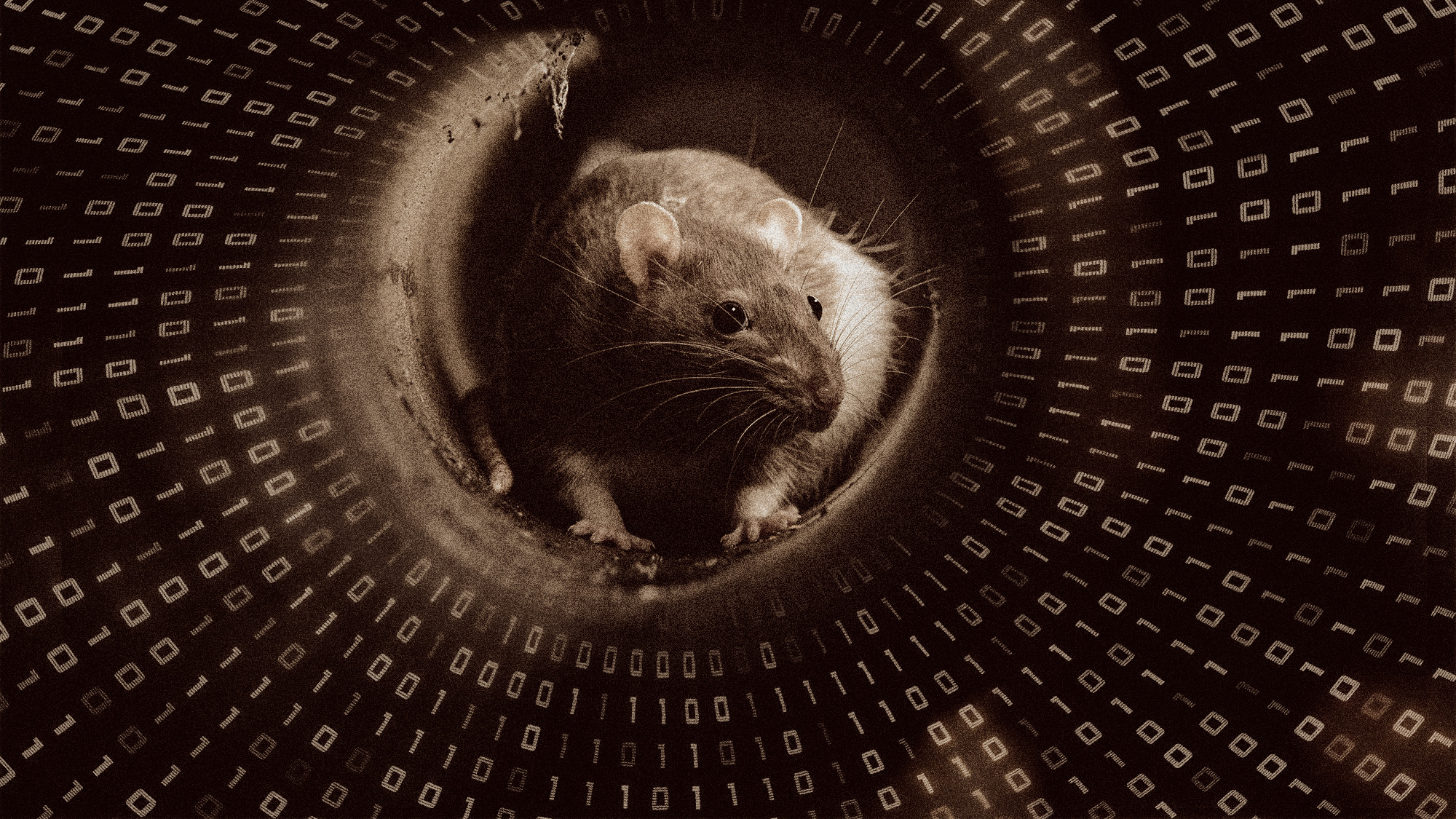 How the FBI took down the world's largest zombie 'botnet'
How the FBI took down the world's largest zombie 'botnet'Under the Radar The bot allegedly infected more than 19 million IP addresses across the world
-
 How cybercriminals are hacking into the heart of the US economy
How cybercriminals are hacking into the heart of the US economySpeed Read Ransomware attacks have become a global epidemic, with more than $18.6bn paid in ransoms in 2020
-
 Language-learning apps speak the right lingo for UK subscribers
Language-learning apps speak the right lingo for UK subscribersSpeed Read Locked-down Brits turn to online lessons as a new hobby and way to upskill
-
 Brexit-hobbled Britain ‘still tech powerhouse of Europe’
Brexit-hobbled Britain ‘still tech powerhouse of Europe’Speed Read New research shows that UK start-ups have won more funding than France and Germany combined over past year
-
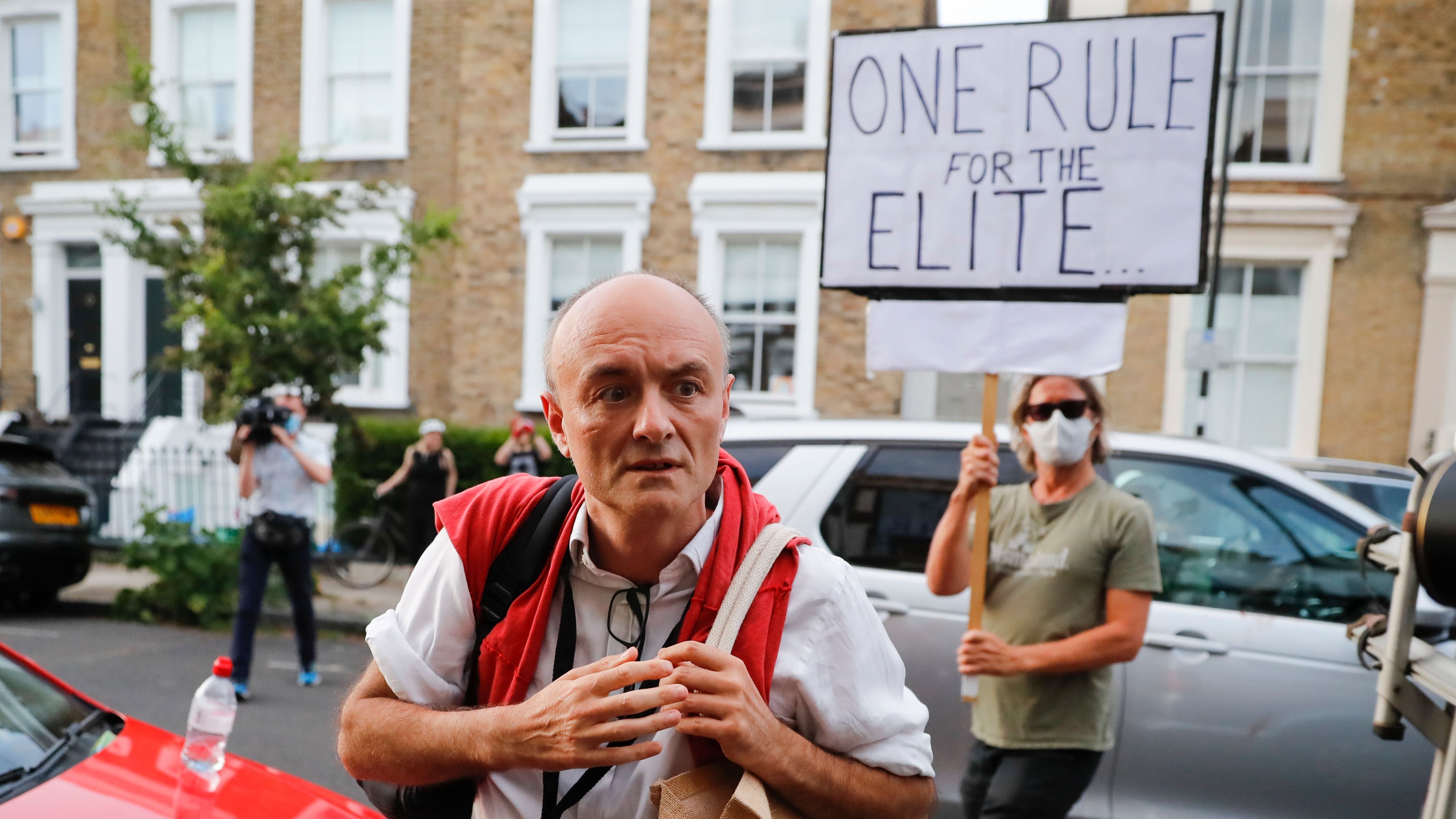 Playing Cupid during Covid: Tinder reveals Britain’s top chat-up lines of the year
Playing Cupid during Covid: Tinder reveals Britain’s top chat-up lines of the yearSpeed Read Prince Harry, Meghan Markle and Dominic Cummings among most talked-about celebs on the dating app
-
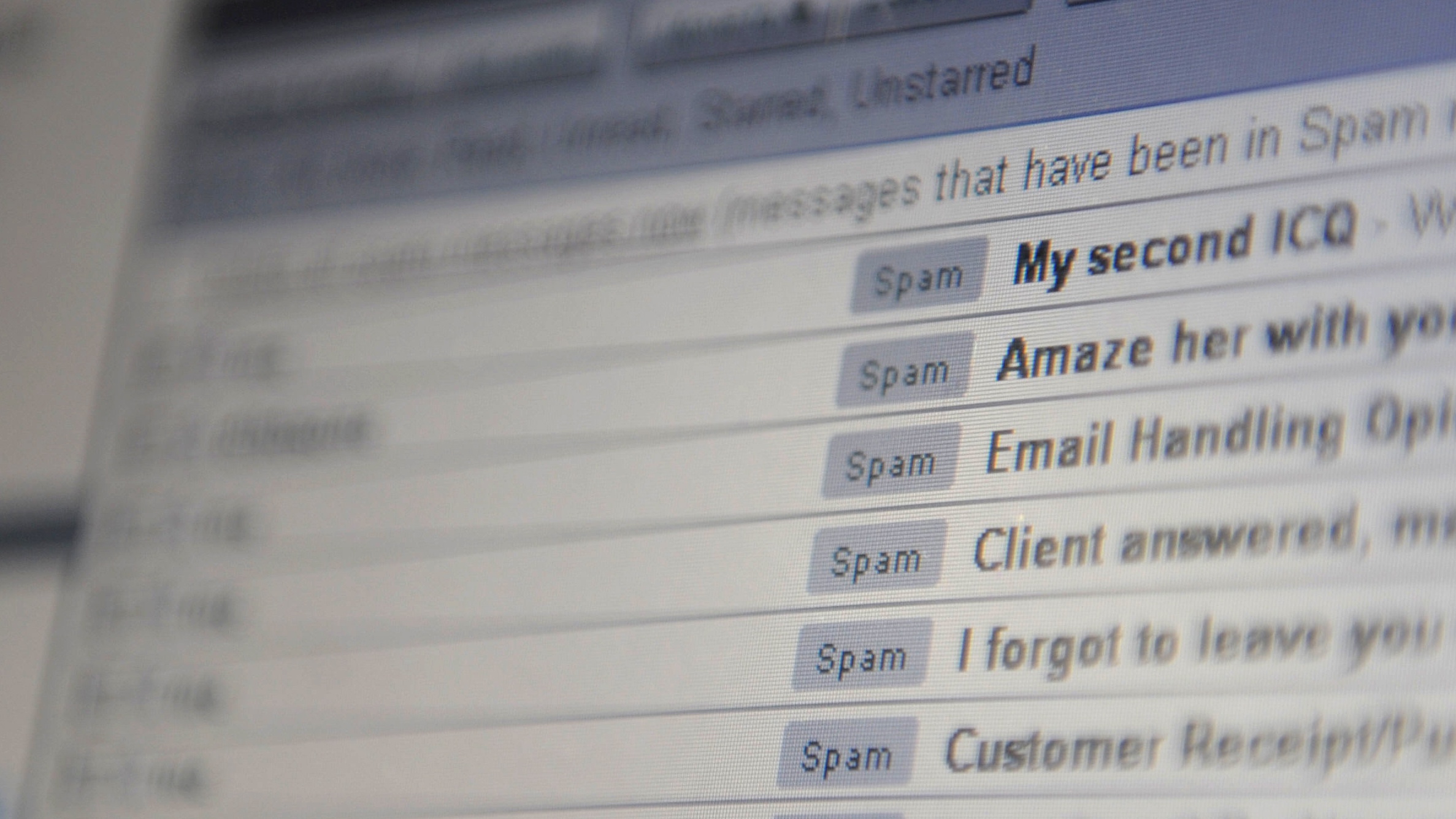 Brits sending one less email a day would cut carbon emissions by 16,000 tonnes
Brits sending one less email a day would cut carbon emissions by 16,000 tonnesSpeed Read UK research suggests unnecessary online chatter increases climate change
-
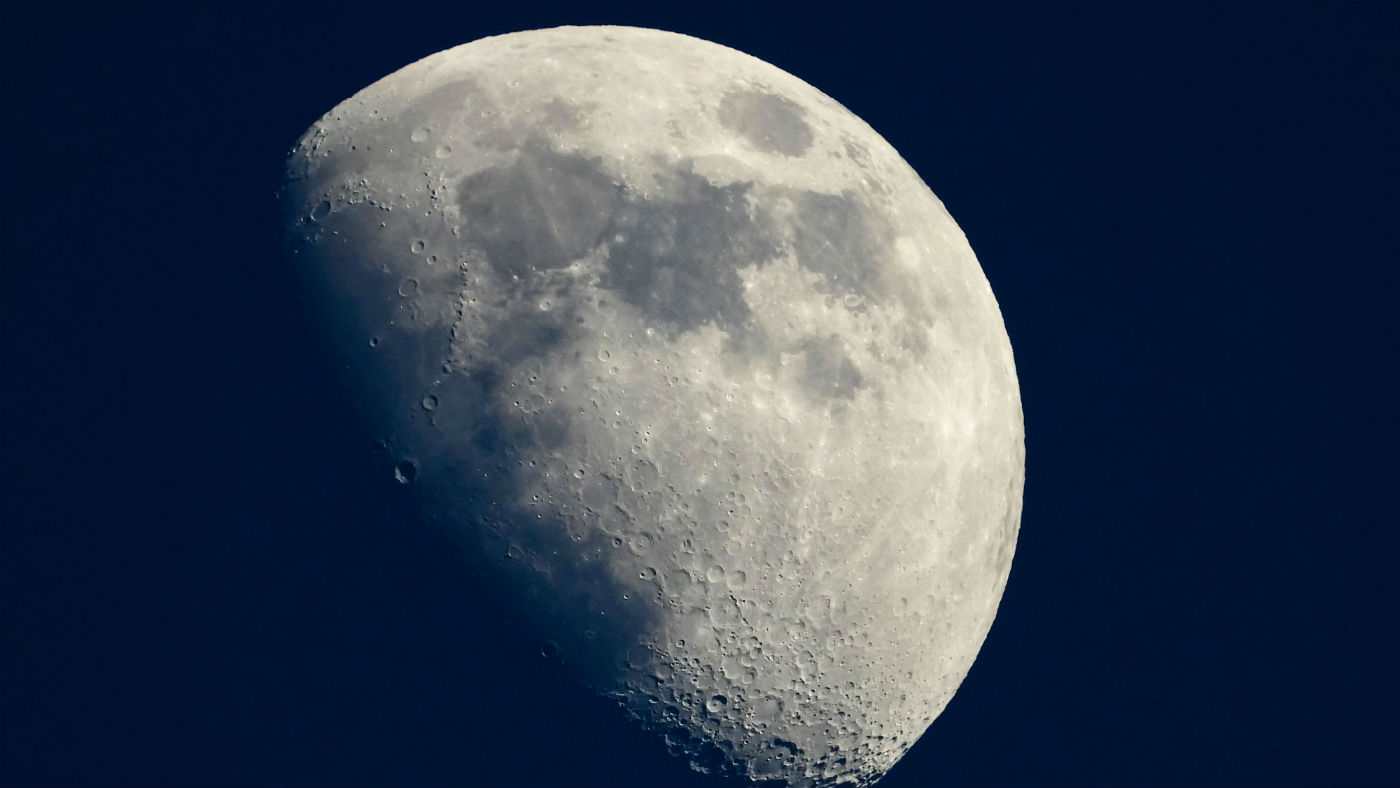 Reach for the Moon: Nokia and Nasa to build 4G lunar network
Reach for the Moon: Nokia and Nasa to build 4G lunar networkSpeed Read Deal is part of the US space agency’s plan to establish human settlements on the lunar surface